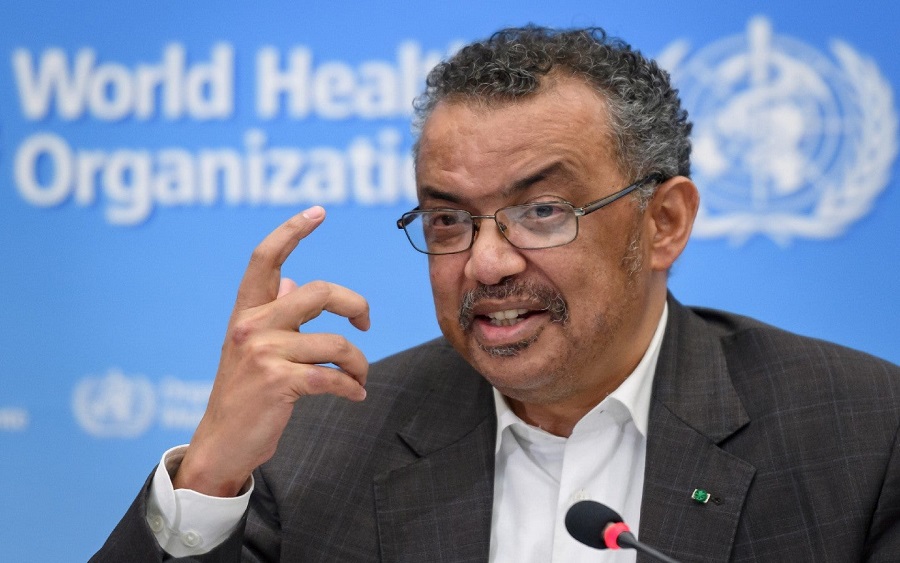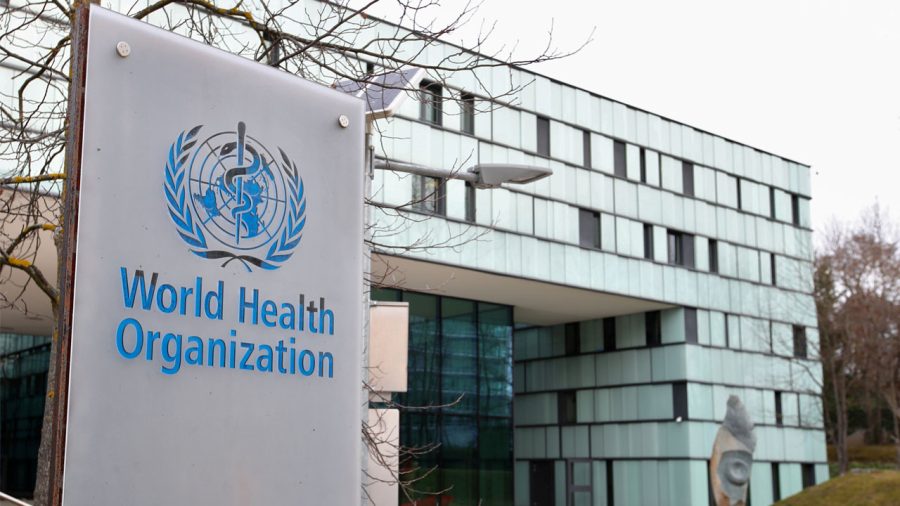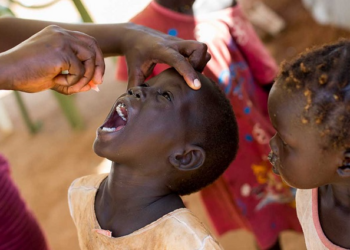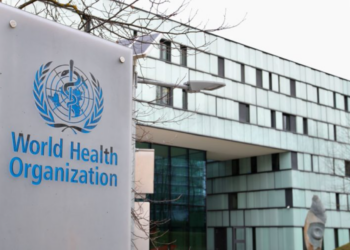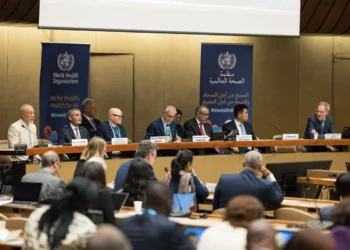As the global push to develop coronavirus vaccines intensifies, the World Health Organization (WHO) has expressed serious concerns about the likelihood of a prolonged pandemic due to countries’ decision to hoard vaccines.
The Director-General of the WHO, Tedros Adhanom Ghebreyesus, expressed this concern during a virtual briefing on Tuesday, August 18, 2020. He said:
“We need to prevent vaccine nationalism. Sharing finite supplies strategically and globally is actually in each country’s national interest.”
READ: Gold price loses $80 following Russia’s COVID-19 vaccine approval
The WHO requested that countries should join a global alliance which is aimed at ensuring that less wealthy countries have access to COVID-19 vaccines. He also warned about the risks of vaccine nationalism.
With the several coronavirus vaccine development programmes by pharmaceutical companies and research institutions at different levels of trials, the WHO came up with a vaccine programme, the COVAX Global Vaccines Facility.
The COVAX Global Vaccines Facility is a programme designed to pool funds from wealthier countries and nonprofit organizations to develop a COVID-19 vaccine and distribute it equitably around the world. The aim is to deliver 2 billion doses of effective, approved COVID-19 vaccines by the end of 2021.
READ: IMF assessing additional tools to provide aid to pandemic-hit countries
The programme, which is led by the WHO along with the Gavi Vaccine Alliance and the Coalition for Epidemic Preparedness Innovations (CEPI), has its details still being reviewed and ironed out ahead of an August 31 deadline for countries to join.
The COVAX is part of a broader programme called the Access to COVID-19 Tools (ACT) Accelerator, which works to ensure that vaccines, treatments, diagnostic tests, and other healthcare resources are broadly available to combat the pandemic.
The wealthier countries are focused on securing these vaccines for their citizens, signing agreements for the first doses even as the data has not yet proven the effectiveness of these vaccines.
The United States and some other countries like the United Kingdom, Japan, and even the European Union have spent tens of billions of dollars on deals with some vaccine makers like Pfizer, Johnson & Johnson, AstraZeneca and others. The United States have single handedly committed almost $11 billion.
READ: UK secures deals to supply 90 million doses of COVID-19 vaccine from Pfizer, others
Countries like Russia and China are also working on their own vaccine development programmes and have even begun vaccinating some of their citizens.
The ACT Accelerator is funded by various governments and nonprofit organizations and aims at raising about $31 billion. According to the WHO, about 92 poorer countries have shown interest in the COVAX facility.
These vaccines give broad parts of the population some level of immunity and are considered crucial to putting an end to the pandemic. They also take a longer time to develop, partly because they must be proven to be extremely safe.
While some scientists say that a vaccine could be ready for emergency use by the end of this year, others say it could take far longer time.

